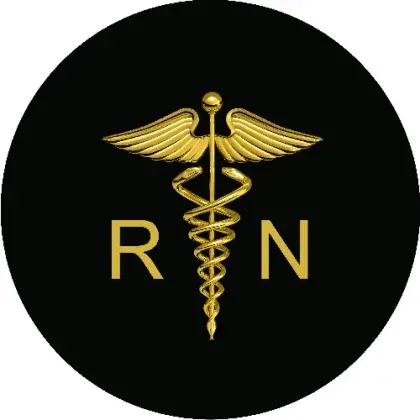As specialists in patient care and rehabilitation, nurse practitioners and registered nurses are healthcare providers that work closely with their patients. While both career paths share similarities, these two professions are far from interchangeable.
Summary Table
| Nurse Practitioner | Registered Nurse |
| Nurse practitioners work autonomously | Registered nurses need to consult the healthcare team regarding patient care |
| Must obtain a license and a doctoral or a master’s degree | Must pass the qualifying exam for nurses |
| Can prescribe medications | Cannot prescribe medications |
| Annual salary ranges from $68,830 to $131,050 | Annual salary ranges from $45,800 to $98,880 |
Definitions

A nurse practitioner is a highly advanced practice registered nurse (APRN). As clinicians, nurse practitioners possess knowledge, skills and competency as they have undergone an advanced training program.
Nurse practitioners focus on providing preventive and rehabilitative care for patients with short and long-term illnesses. Since they can work autonomously, they can prescribe medications, interpret diagnostic tests and manage their patient’s overall healthcare plan.
Additionally, nurse practitioners utilize a holistic approach to improve their patient’s health and wellness. To become a nurse practitioner, registered nurses need to graduate from a doctoral or masters’s degree program. Nurse practitioners can expect to make between $68,830 and $131,050 per year.

A registered nurse is a trained nursing graduate who was able to meet the qualifications set by a state authority. To become a registered nurse, nursing graduates need to pass a qualifying exam.
Registered nurses provide holistic care to their patients. They are employed in a variety of settings, and they are commonly in charge of supervising the patient care rendered by nursing students, enrolled nurses and novice registered nurses.
Apart from passing their qualifying exam, registered nurses are also required to undergo continuing education and training to maintain their registration. Likewise, they should meet the required number of hours of practice per designated time period required by the state. On average, registered nurses earn a yearly salary between $45,800 and $98,880.
Nurse Practitioner vs Registered Nurse
So, what’s the difference between a nurse practitioner and a registered nurse? Even though both professionals work towards improving the overall health and wellness of their patients, there are significant differences in their qualifications, job descriptions and salaries.
To become a registered nurse, nursing graduates must pass their qualifying examination and participate in a continuous learning program. Nurse practitioners, on the other hand, need to obtain a license and secure a doctoral or master’s degree. In addition, they must complete an advanced training program.
In terms of job scope, nurse practitioners can work autonomously as they can prescribe medication, analyze and interpret their patient’s chart and diagnosis, create a highly individualized healthcare plan and diagnose and treat patients suffering from debilitating diseases.
Meanwhile, registered nurses do not work autonomously. They commonly execute simpler tasks like monitoring the patient, recording the patient’s vital signs, assisting physicians and communicating with their patients, along with their families.
Finally, the annual salary of a nurse practitioner ranges from $68,830 to $131,050. The annual salary of a registered nurse, on the other hand, is around $45,800 to $98,880.


